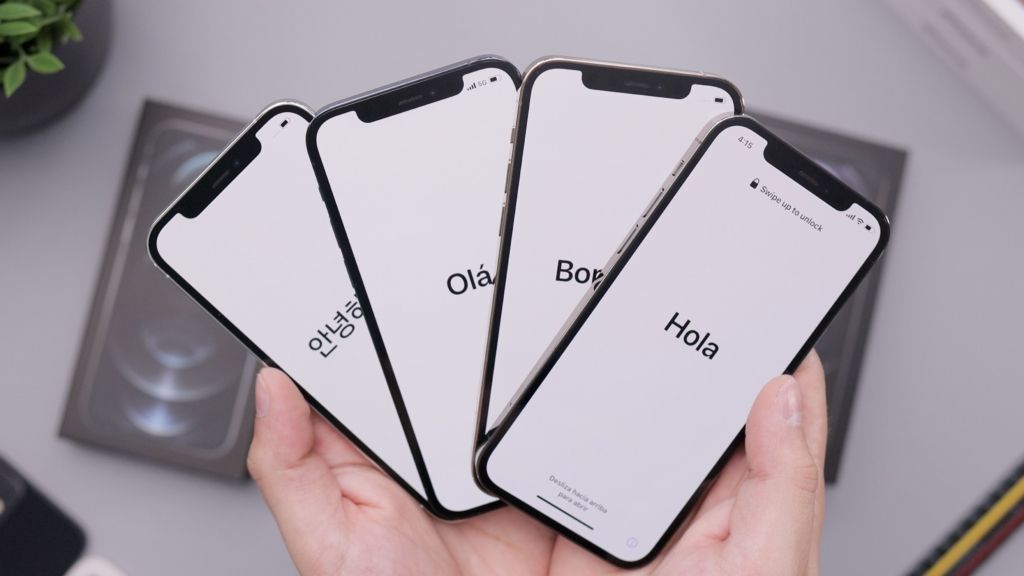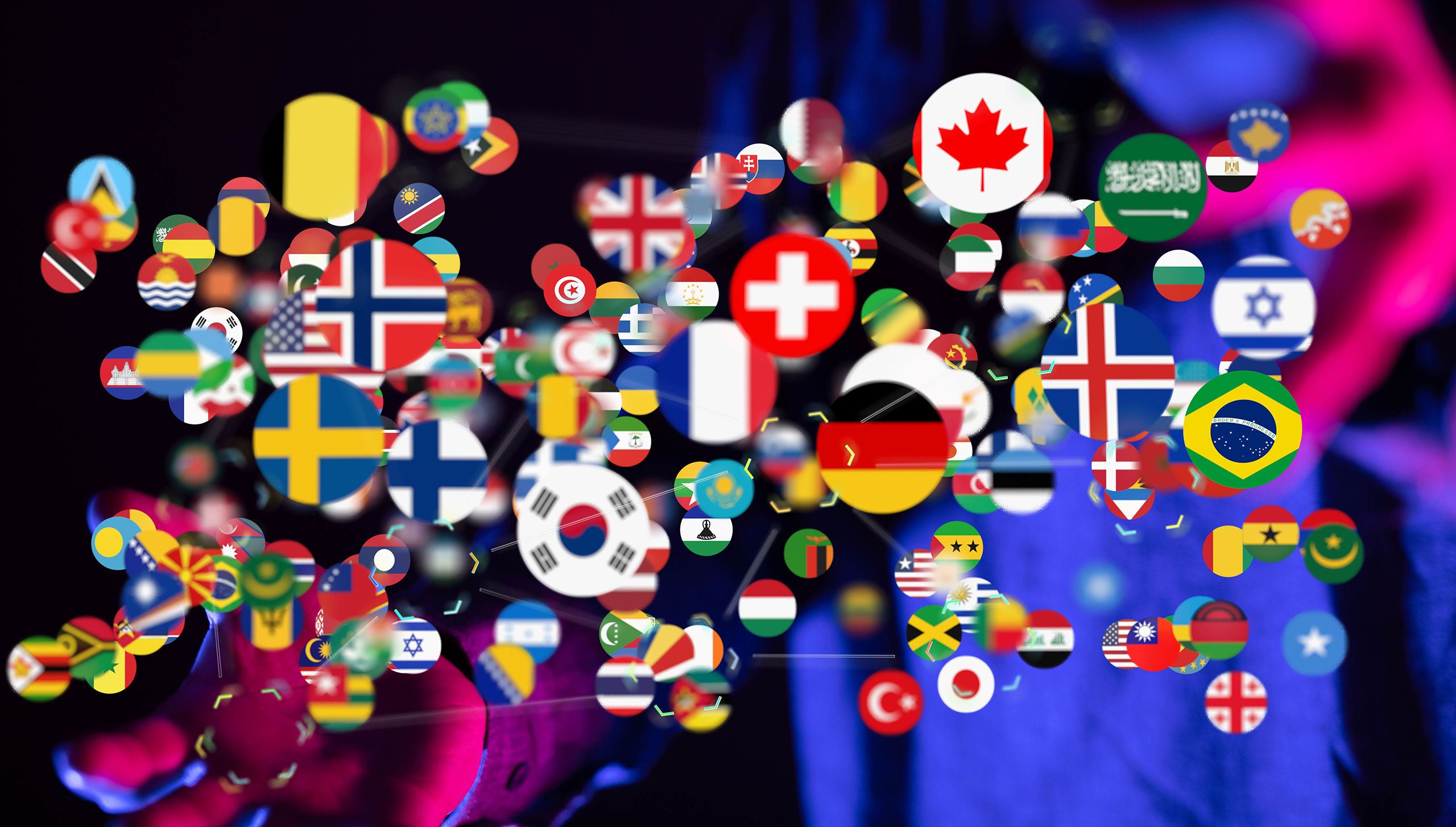Procuring a translation for the first time might be unlike any service that you have sourced before. Language is wonderful but certainly complex. So we thought it might be helpful to set out why we ask questions before providing a quotation for a new client. Our questions will include:
- What is the purpose of the translation? Who will be reading it? The tone of voice and terminology used will depend on the readership. If you are a law firm, you might be asking us to translate a commercial contract to French, or you might ask us to translate your web site to French – these are very different linguistic requirements, with different terminology and emphasis, and we would probably select different linguists.
- How many words are there in the document? The language industry typically uses the number of words to provide a quotation, a proxy really for an estimate of the time required. So knowing that a document is 15 pages long will not be sufficient as the number of words in a page can vary so much, and we will want to know the number of words.
- What language combination is required? We will need to be certain what language combination is required. Are we translating to UK or US English? Are we translating to European or Mexican Spanish? Professional translators work into their mother tongue, so this information is one of the key factors when we select a linguist for you.
- What is the subject matter? Professional translators focus on particular subject areas, and keep their knowledge of terminology up to date through continual professional development. So, if you require translations in the field of chemical engineering, we need to know as this will determine which linguists are selected and whether additional linguistic research might be required.
- How does the translation need to be reviewed? If you are asking us to translate a technical manual to accompany an exported machine to France, it may be that your/your client’s native-speaker engineers in France want to review the translation and feed back any terminology that they prefer to use – which we will store safely for use next time. It may be that you ask us to have another professional linguist review the translation, or you may decide that translation by one linguist is sufficient. This is another area that we can advise on.
- Does the translation need to be certified? Particularly for legal, medical and pharmaceutical translation needs, we will ask you if the translation needs to be certified. Would our standard issue Certifiate of Authenticity be sufficient, or do you need notarisation?
So hopefully it is now clear why we might ask lots of questions when you send an enquiry – and how this process enables us to quote correctly for your translation needs.



